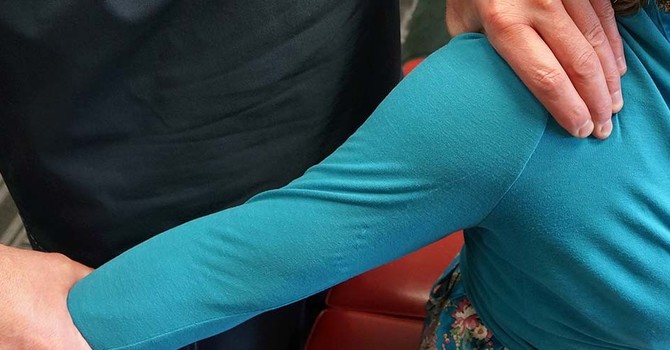The overwhelming majority of injuries are caused by repetitive strains over a long period of time. One of the most common reasons that people start to develop a rotator cuff tear is something called "impingement". Impingement essentially means that the section where your rotator cuff tendon lives have simply become too crowded and the rotator cuff tendon is being pinched each time you raise your arm.
People who perform repeated overhead activities are usually at the greatest risk for impingement and rotator cuff tendon problems. This usually includes athletes who play baseball, volleyball, tennis, rowing, weight lifting, swimming and archery, and jobs that include carpentry, painting, wallpaper hanging, cleaning windows and washing/waxing cars. Other forms of risk factors for rotator cuff problems include smoking, obesity, high cholesterol and prior cortisone injection.


